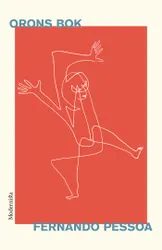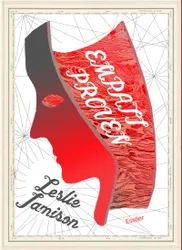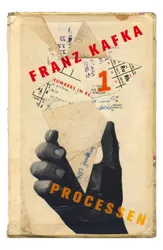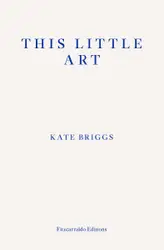Helen and her young baby, Rose, are awake. It is first thing on a new morning. They move, they rest, they communicate; Rose feeds. Thoughts and associations travel far beyond the remit of the front room in their rented flat, which they pace and which, alive with them, continually becomes new. Their delicate balance is interrupted by the delivery of A History of Tom Jones by Henry Fielding—a novel that describes itself, semi-seriously, as inventing the novel-form for the very first time. As the morning progresses, Helen starts reading it. Indirectly, and each in their own distinct ways, Helen and Rose start thinking about it: its claims to newness, its length, its essayistic digressions, its invitation to imagine old and new forms of life, writing, and experience. The Long Form, Kate Briggs's long-awaited debut fiction, unmakes and remakes the novel to meditate on very real social issues, from housing to care-taking, laying bare the settings and support structures that make durational forms of co-existence first thinkable, then possible. At once acrobatic and deeply attentive, The Long Form insists on the creativity inherent in everyday life, showing how the acts of social composition (living arrangements) are continuous with the acts of artistic composition (page arrangements). It is a brilliant novel of profound contrasts and productive co-dependencies, in which the small details of a day speak to the largest questions of form, responsibility, continuation, and love.

Exploring Psychoanalysis : A Layperson's Guide
Pasquale De Marco
book
Ansiktena
Tove Ditlevsen
book
Anna Karenina
Lev Tolstoj
book
Orons bok
Fernando Pessoa
book
Empatiproven
Leslie Jamison
book
Stenögonen
Alain Robbe-Grillet
book
Spår av Antigone
Christina Ouzounidis
book
Processen :
Franz Kafka
book
Elfte romanen, artonde boken och 17:e romanen
Dag Solstad
book
Sjuka kvinnor : en resa genom medicinens historia
Elinor Cleghorn
book
Beckmörker
Renata Adler
book
På väg från Atocha
Ben Lerner
book

